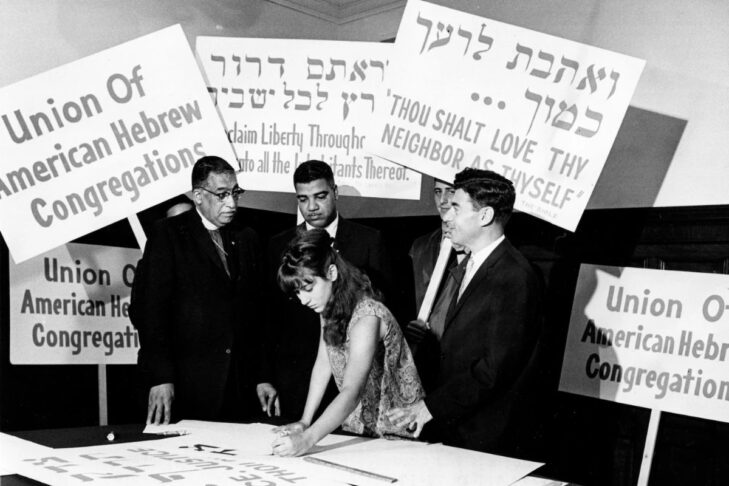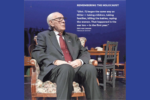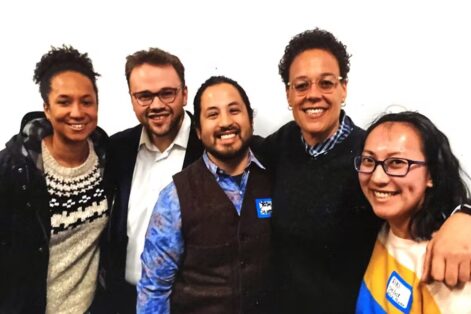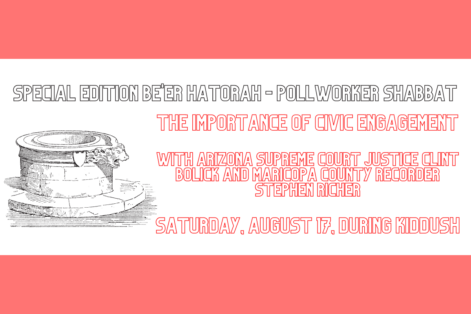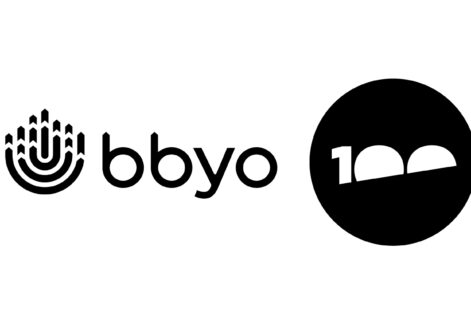As February unfolds, we embark on a journey of remembrance, education, and celebration known as Black History Month. This month, observed in various parts of the world, serves as a poignant reminder of the invaluable contributions made by African Americans throughout history. From civil rights pioneers to cultural icons, their impact resonates across generations and continents. As we commemorate this important occasion, it is equally crucial to recognize it from diverse perspectives, including that of the Jewish community.
Within the rich tapestry of Jewish history lies a profound connection with the struggles and triumphs of the Black community. Both groups have experienced persecution, discrimination, and the tireless pursuit of justice. From the days of slavery to the civil rights movement and beyond, Jews and African Americans have stood shoulder to shoulder in the fight against bigotry and oppression. This shared history underscores the importance of solidarity and mutual support in the face of adversity.
One of the most iconic moments of collaboration between Jewish and Black communities was during the civil rights era. Jewish activists such as Rabbi Abraham Joshua Heschel marched alongside leaders like Dr. Martin Luther King Jr., advocating for equality and justice for all. Their partnership symbolized the intersectionality of social justice causes and the power of unity in effecting change. This alliance laid the foundation for future collaborations and emphasized the importance of allyship in the pursuit of a more just society.
Moreover, Black and Jewish cultures have intersected and influenced each other in myriad ways. From music and literature to politics and activism, the exchange of ideas and experiences has enriched both communities. Jazz, for example, often dubbed “America’s classical music,” emerged from the African American experience and found resonance among Jewish musicians and audiences alike. This cultural exchange is a testament to the transformative power of art in fostering understanding and connection across racial and ethnic divides.
In the realm of social justice, Jewish values have served as a guiding light for many activists within the Black community. The concept of “tikkun olam,” or repairing the world, underscores the Jewish imperative to pursue justice and righteousness. This ethos has inspired countless individuals to advocate for systemic change and work towards a more equitable society. By embracing these values and forging alliances with like-minded allies, Black activists have made significant strides in advancing the cause of justice and equality.
As we reflect on Black History Month, let us recommit ourselves to the principles of empathy, compassion, and solidarity. Let us honor the legacy of those who came before us by continuing the work of building a world free from prejudice and discrimination. By amplifying marginalized voices, challenging injustice, and fostering genuine connections across communities, we can ensure that the spirit of unity and progress endures for generations to come.
Let us heed the words of Rabbi Hillel, who famously said, “If I am not for myself, who will be for me? But if I am only for myself, what am I? And if not now, when?” May this Black History Month serve as a catalyst for meaningful dialogue, collective action, and lasting change. Together, let us strive to create a future where every individual is valued, respected, and empowered to fulfill their potential, regardless of race, religion, or background.
If you would like to learn more about what CJP is doing to foster a welcoming community open to inclusion and diversity, please email engagement@phoenixcjp.org.
This post has been contributed by a third party. The opinions, facts and any media content are presented solely by the author, and JewishPhoenix assumes no responsibility for them. MORE


